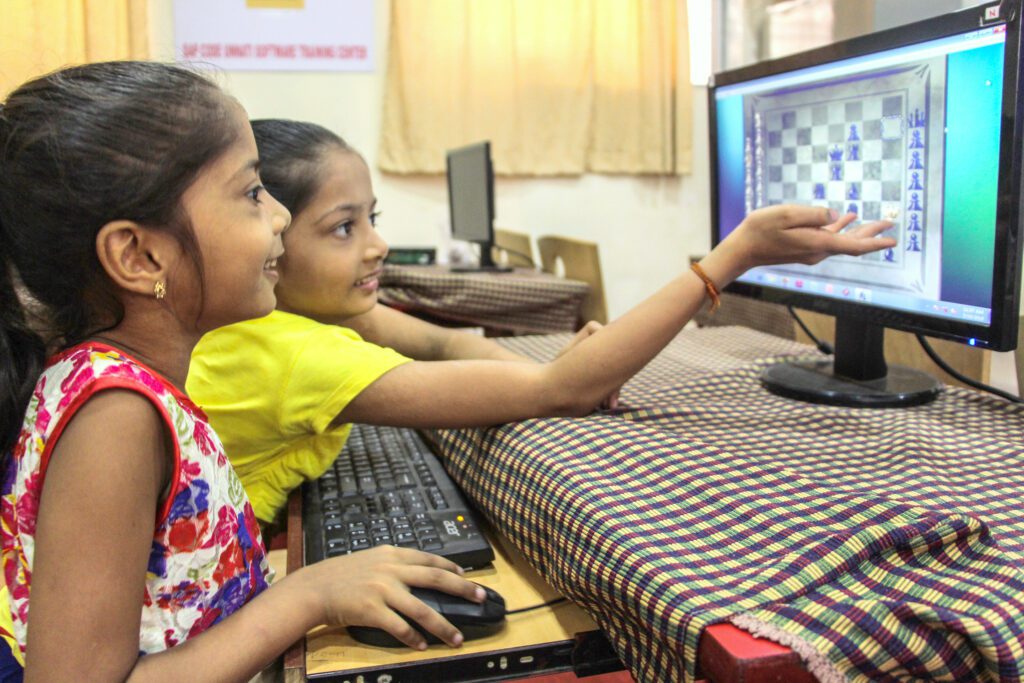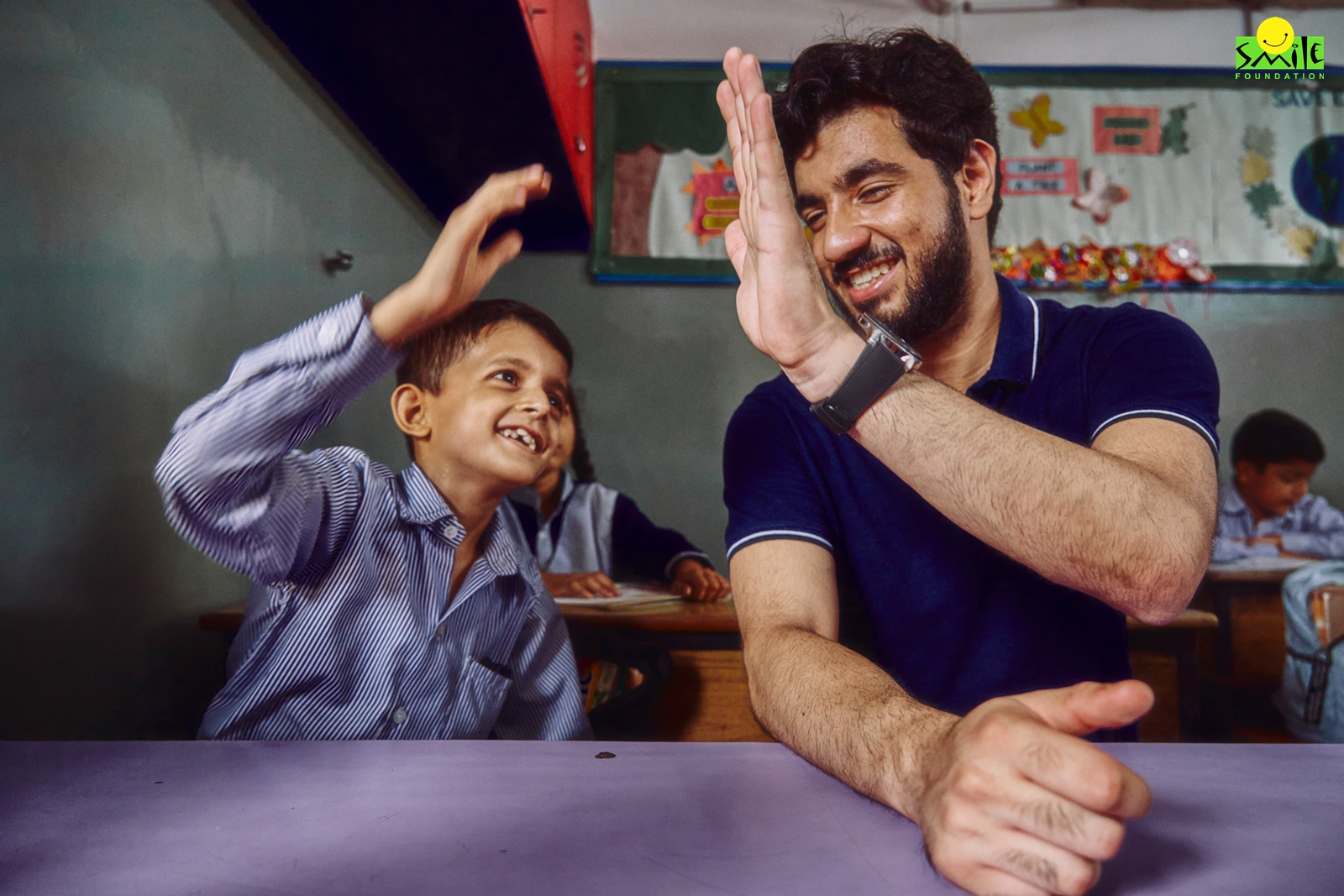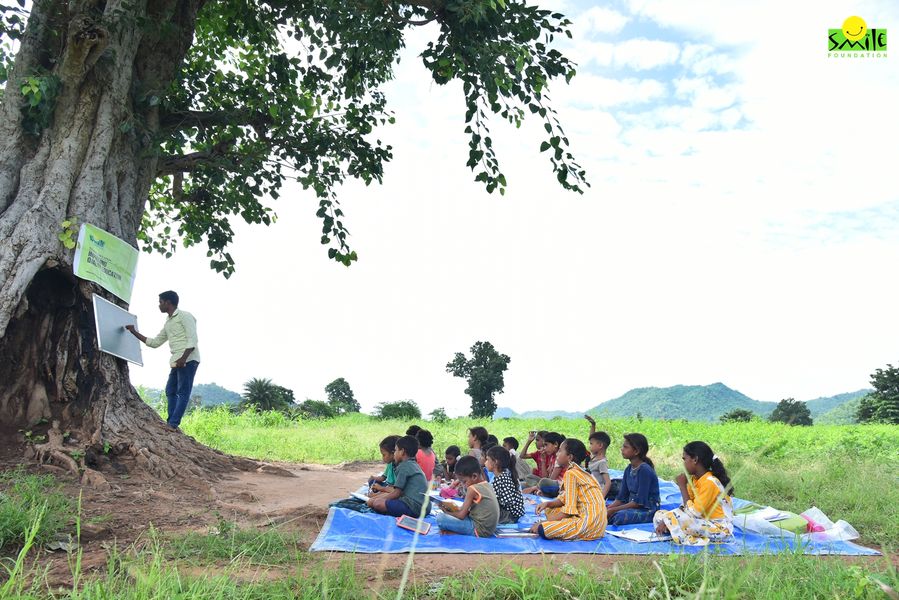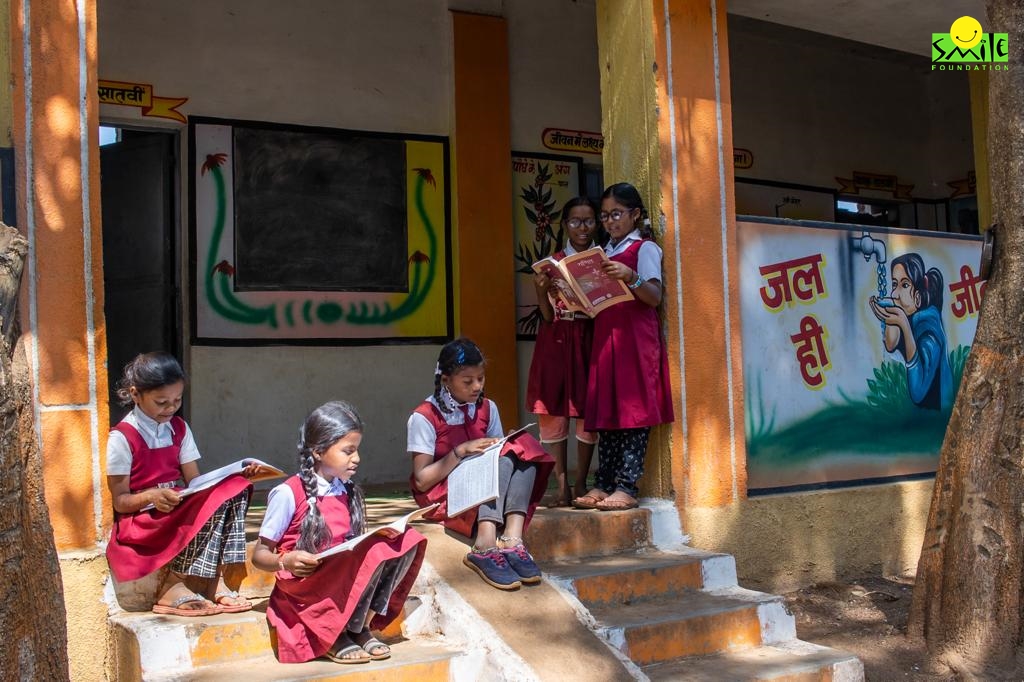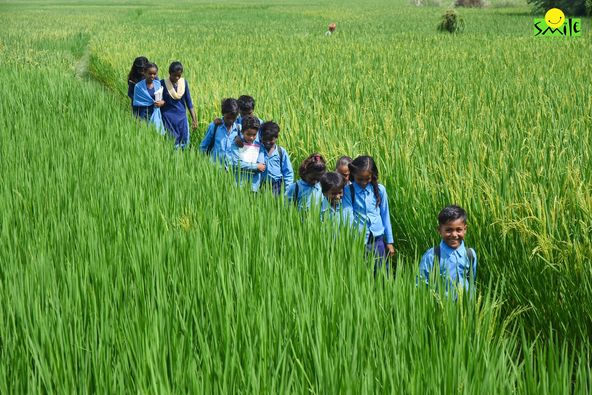COVID-19 has impacted all areas of life globally and created various issues and problems. People have been forced to accept the uncertainty. The ‘new normal’ was everywhere. Many people lost their near and dear ones. Beyond the staggering impact on human life, the pandemic has disrupted the access to education as well. The research says that more than 168 million school-going children across the world have been forced to stay at home as their schools have been closed for over a year. This is where digital education during the pandemic has shown its importance. The pandemic forced education departments and school managements to find innovative and practical approaches to continue teaching and learning.
Digital education: The new alternative
The unprecedented situation has provided an opportunity to discover new and alternate ways of teaching. Children from privileged classes had access to digital devices. They remained in touch with their teachers, classmates, and the school, and were able to continue their education. The same is not true for underprivileged and vulnerable children. Their access to to digital education is limited or non-existent due to financial crisis.
When the mode of learning and teaching went virtual, some children kept learning by watching education channels on television etc. Academic facilitators of Smile Foundation also went to homes of students and took classes there, with strict adherence to COVID guidelines. When the relaxation was announced by the government, some children from rural areas were able to start attending cluster classes along with digital classes.
In Tamil Nadu, for instance, students of government schools tend to follow rote learning instead of concept-based learning. But during COVID-19, the teachers have created WhatsApp groups to circulate the syllabus and content. Learning videos are also shared on these groups. This is also true for schools (private and government) in many other states.
This method has had a positive impact on many students. They were able to focus more due to concept-based video learning. In a way, digital education has helped children come out from the rut of rote learning to concept-based learning.
Spreading awareness through Shiksha Na Ruke
Even amid the pandemic, we have been educating children as well as parents through our Shiksha Na Ruke campaign. Counselling parents as well as children is an important aspect of our work on the ground. Through our WASH programme, we are creating awareness. These are effective in preventing COVID-19 infection as well as for the overall health and nutrition of the child.
Through our Mission Education programme we are not only focusing on children’s learning ability but also concentrating as holistic development. We are using the children as change agents and reaching their parents and the society.
Effect of digital education on nutrition
Regular hand washing is the effective proven method to prevent coronavirus infection. Maintaining social distance also helps reduce the risk of contracting the virus. However, diet and nutrition also play a major role during the pandemic.
Due to school closures, many children lost their access to mid-day meals. These meals were a major source of healthy nutrition for children from vulnerable sections of society. They were assured of at least one good meal a day even during financial woes at home. The pandemic threatened this severely as millions of children lost out on this meal, and thus on nutrition. While the government and civil society organisations have been making efforts to ensure that children are able to avail of this facility, there are still many gaps that need to be filled on this front.
Nutrition is intricately linked to immunity and to the risk and severity of infections. Individuals who are poorly nourished are at a greater risk of various bacterial, viral, and other infections. Chronic or severe infections can also lead to nutritional disorders or worsen one’s nutritional status. Therefore, paying attention to diet and nutrition are imperative during the pandemic.
During COVID-19, most of our supported beneficiaries’ parents lost their jobs. It was a tough time for them to survive especially in urban area. The pandemic crisis affect diets primarily through declining access to vegetables, fruits, and essential provisions. As part of our remedial programme, we have distributed dry ration kits to our supported beneficiaries at various locations to keep our beneficiaries stable and healthy.



